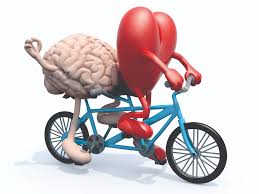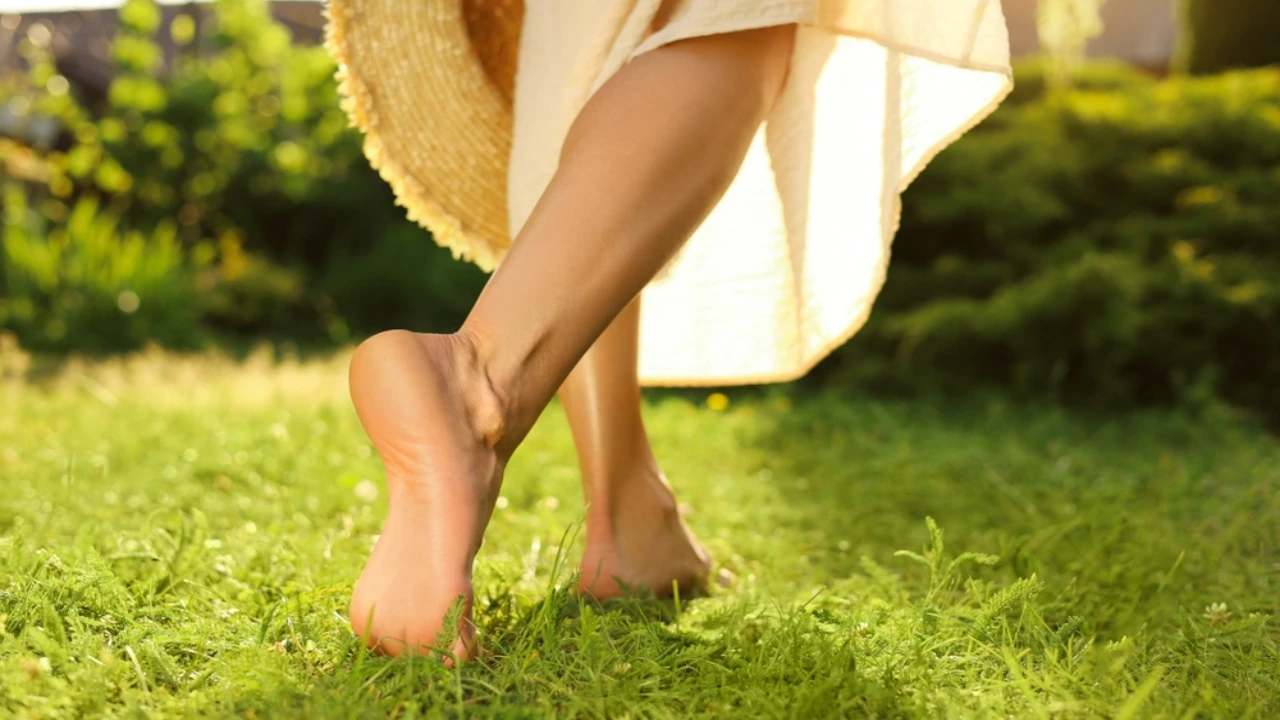 In today’s fast-paced world, mental health has become a primary concern, and the need for holistic approaches to tackle it has never been more important. Physiotherapy, which traditionally focused on physical rehabilitation, is now recognized as an effective intervention in mental health care. It bridges the gap between physical and mental well-being, treating the body to heal the mind and vice versa.
In today’s fast-paced world, mental health has become a primary concern, and the need for holistic approaches to tackle it has never been more important. Physiotherapy, which traditionally focused on physical rehabilitation, is now recognized as an effective intervention in mental health care. It bridges the gap between physical and mental well-being, treating the body to heal the mind and vice versa.
From a Parsi perspective, where health and balance are cherished, the idea of mind-body harmony resonates deeply. In our culture, the holistic integration of lifestyle, spirituality and health plays a significant role in well-being. The following points show how physiotherapy enhances mental health, alongside some practical tips you can incorporate for a balanced, mindful life.
A Holistic Philosophy: The Mind-Body Connection
Parsis consider the body as a vessel for the mind and soul. A harmonious balance between these is crucial to overall well-being. Physiotherapy, by focusing on physical activity and movement, helps alleviate mental distress. Chronic mental health conditions such as anxiety and depression manifest physically through muscle tension, poor posture, and even chronic pain. By working through these physical symptoms with a liberal dosing of muscle relaxation training, physiotherapy provides a non-invasive path to mental healing. Techniques like manual therapy and guided breathing reduce muscle stiffness and relax the mind, making room for emotional healing.
Practical Hack: When you feel stress locking up your body, try this: Stand up and stretch like you’re reaching for the last kebab at a lagan-nu-bhonu.
Exercise And Endorphins: You Sit Too Much, You’ll Turn Into A Papeto!
Depression makes it hard to get out of bed, let alone exercise, but movement is key to mental health. Exercise releases endorphins – nature’s happy hormones. A physiotherapist can tailor a program that makes even the most exercise-resistant folks (you know, the ones who think walking to the fridge counts) get off their seats.
Practical Hack: Walk in nature, take your mind for a walk in the garden of Ahura Mazda’s creation. Walking outdoors provides the benefits of exercise and allows you to connect with nature, promoting mindfulness. A 20-30 minute walk on a natural surface like beach sand or on grass, can significantly lift your mood.
Managing Chronic Pain And Mental Health: ‘When You’re In Pain, Even Pulao Tastes Like Khichdi!
Pain, especially chronic pain, affects your mood, and nothing feels right. Not even the taste of a good plate of Parsi bhonu. Chronic pain leads to mental health struggles, creating a vicious cycle where pain and emotional distress feed off each other. Physiotherapy helps break this cycle by managing pain through manual therapy, exercise, and pain education. The focus is on improving mobility, flexibility, and strength while reducing discomfort. The idea of strength is fostered not just through physical muscle but through mental fortitude.
Practical Hack: When pain strikes, resist the urge to groan louder than your great-auntie at a family gathering. Instead, try this: Lie on your back and do some gentle deep breathing with progressive muscle relaxation (PMR). In this technique, focus on one group of muscles at a time, tensing and then relaxing them. This calms both, physical tension and anxious thoughts. If that doesn’t work, meditate and pray to Ahura Mazda through Atash Padshah – it works like magic!
Trauma, PTSD, And The Power Of Movement: Like Grandpa Would Say, “Keep Moving Before You Become Furniture!”
Trauma can leave physical and emotional scars. Physiotherapy helps reconnect the mind and body through movement, easing that sense of being ‘stuck’. Remember, even the toughest Parsis don’t let their memories turn them into statues! Movement is medicine. Trauma often resides not only in the mind but also in the body. Conditions like post-traumatic stress disorder (PTSD) manifest as hypervigilance, chronic muscle tightness and fatigue. Movement-based therapies, often integrated into physiotherapy, help trauma survivors reconnect with their bodies and regain control over both their physical and mental health. The Parsi value of ‘Asha’, the principle of truth and cosmic order, aligns with these practices, as regaining bodily autonomy brings back order and control to one’s mental space.
Practical Hack: Grounding exercises, like walking barefoot on grass or sand and focusing on these sensations of your feet, help trauma survivors feel more connected to their bodies and present in the moment.
Restoring Sleep: If You Don’t Sleep, You’ll Look Like Soggy Sev!
Sleep is crucial for mental health, but anxiety and stress can mess with it. Sleep disturbances, common in individuals with mental health conditions, can further exacerbate symptoms of anxiety and depression. Physiotherapists help improve sleep quality by addressing physical issues like posture, chronic pain, or breathing difficulties, which often disturb restful sleep. Physiotherapy, through gentle stretching and exercise, calms the body to get that much-needed sleep.
Practical Hack: Incorporate a short pre-sleep stretching routine to release muscle tension accumulated throughout the day. Gentle yoga or physiotherapy exercises like leg-raises and child’s pose, help relax the body and prepare the mind for restful sleep.
Physiotherapy for the Elderly: As Bawajis Say, “Stop Sitting Like a Potato, Move!”
For older adults, staying active is key to mental health. Physiotherapy focuses on improving balance, strength, and mobility, which helps seniors stay independent and mentally sharp. All Parsis know that a sharp mind is as important as a sharp tongue (coz we simply have to win every argument!).
Practical Hack: Get bapaiji and bawaji to join in gentle chair exercises. Think of it like a slow-motion game of musical chairs – but with more flexibility and less elbowing people out of the way! Encourage older family members to participate in group physiotherapy or low-impact activities. These exercises improve physical fitness and foster social interaction – a key factor in mental well-being.
Physiotherapy isn’t just about fixing your sore knee or stiff back. It’s about healing the mind and soul through the body. And like a good Parsi laugh, it has the power to uplift even the darkest moments. By incorporating simple physiotherapy techniques, and remembering that a good laugh is part of every healing process, you can find the balance of body, mind and spirit. After all, isn’t that what we Parsis have been practicing all along? A life well lived, with a side of dhansak and a dash of humour!
- Move Bawa Move!! - 15 March2025
- The Healing Power Of ‘Shinrin-Yoku’ (Forest Bathing) - 28 December2024
- The Incomparable Health Benefits Of Plant-Based Diet - 30 November2024
